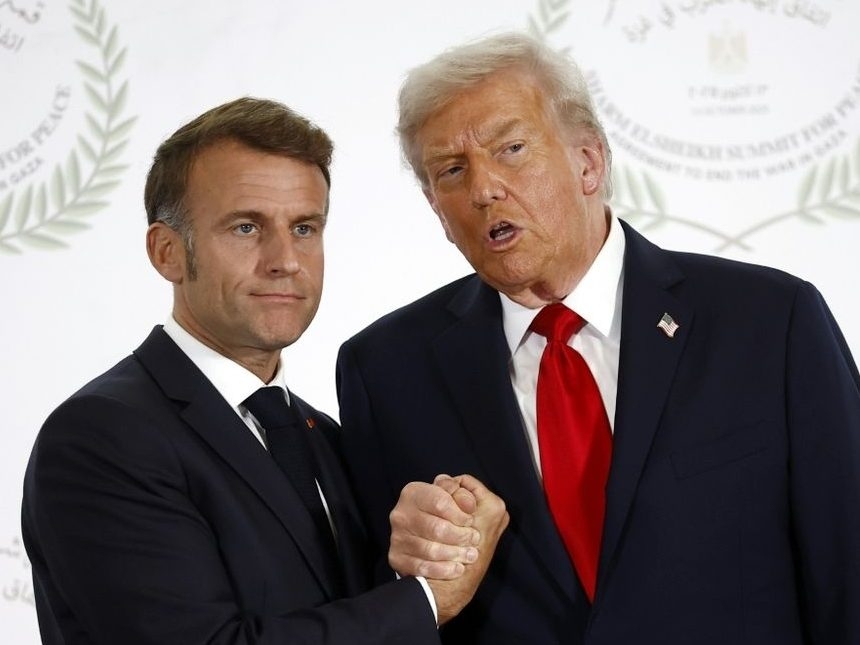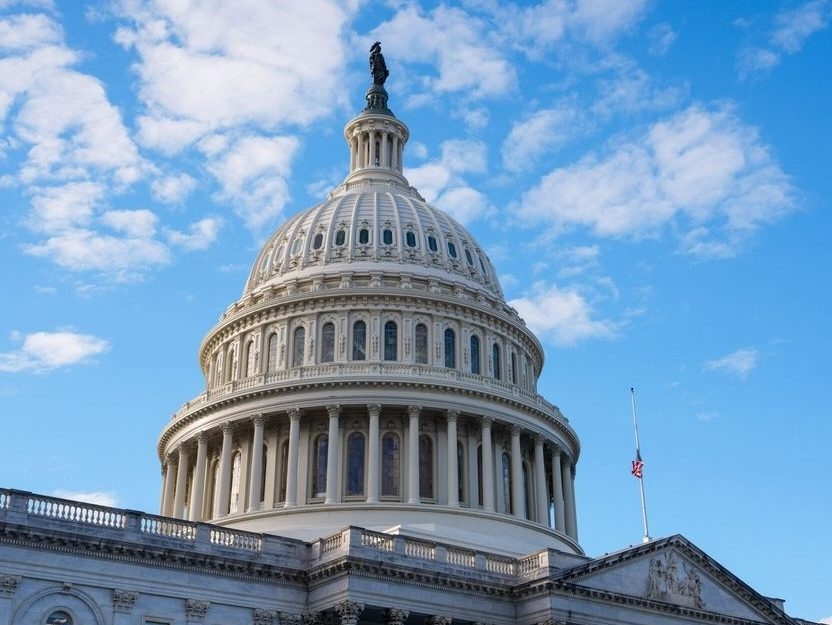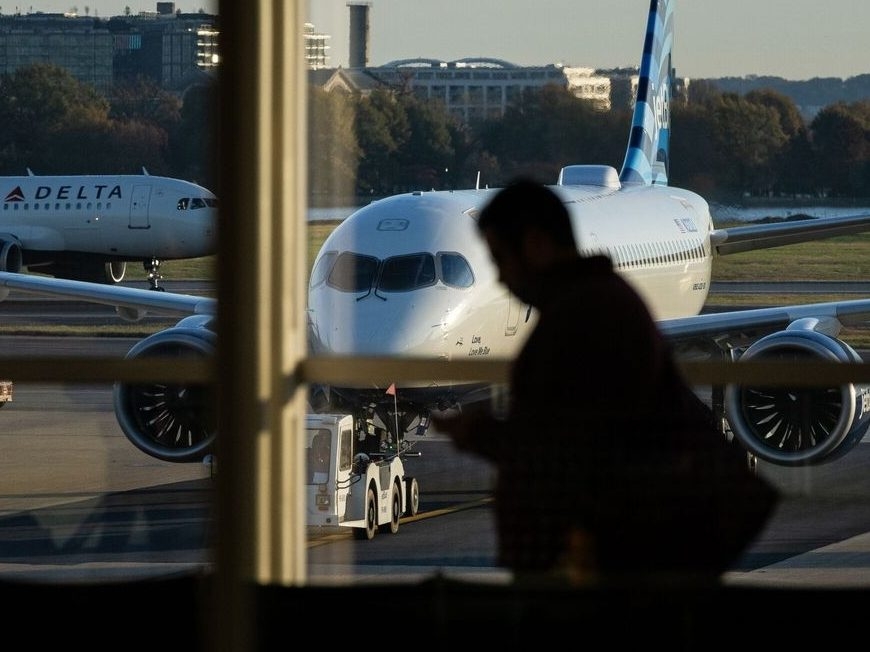A surprising and pointed critique of France erupted from former U.S. President Trump during a recent television interview, a sudden shift in tone that left observers questioning the state of transatlantic relations.
The exchange began with a discussion about Chinese students studying at American universities and concerns over espionage and intellectual property theft. When a questioner suggested China posed a greater threat than France, Trump interjected with a dismissive, “Do you think the French are better, really? I’m not so sure.”
This unexpected remark stands in stark contrast to the publicly displayed camaraderie Trump once shared with French President Macron. Images of firm handshakes, playful backslapping, and even a memorable knee-touching moment became symbolic of their relationship.

Beneath the surface of that carefully constructed rapport, however, lay simmering disagreements. Macron’s support for Palestinian statehood and his commitment to climate policy consistently clashed with Trump’s own positions.
The friction extended to financial matters, with Trump repeatedly accusing France of unfair taxation practices targeting American technology companies. He previously threatened to retaliate with “substantial” tariffs against nations implementing such “discriminatory” digital taxes.
The interview revealed a shift in focus from concerns about China to a renewed grievance regarding French economic policies. Trump asserted the United States had “a lot of problems with the French” stemming from these perceived tax inequities.
This outburst followed an earlier incident where Macron directly contacted Trump to inform him his motorcade was obstructing the French President’s path to a United Nations meeting in New York, highlighting the sometimes-strained dynamic between the two leaders.
The comments also arrived amidst ongoing debate within the administration regarding foreign student visas. While some officials advocated for stricter limitations on Chinese students, Trump himself had indicated a willingness to allow a significant number – 600,000 – to continue their studies in the U.S.
The abruptness of Trump’s criticism of France raises questions about the long-term implications for U.S.-European alliances and the complexities of international diplomacy.





